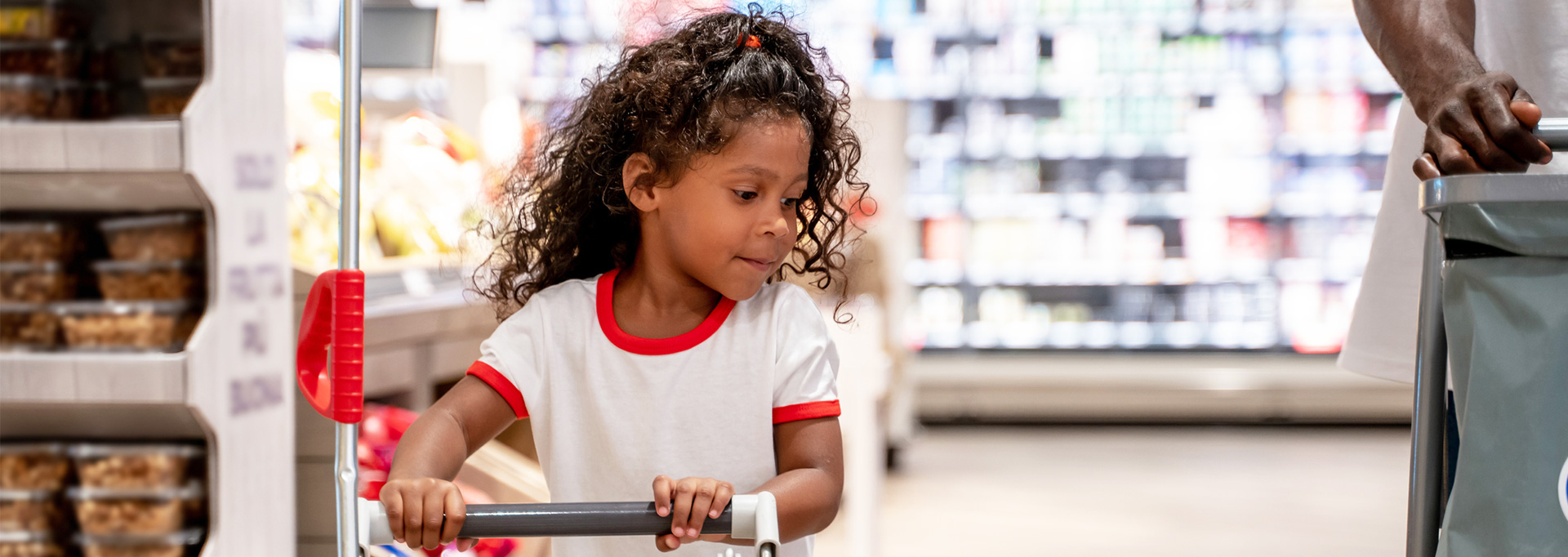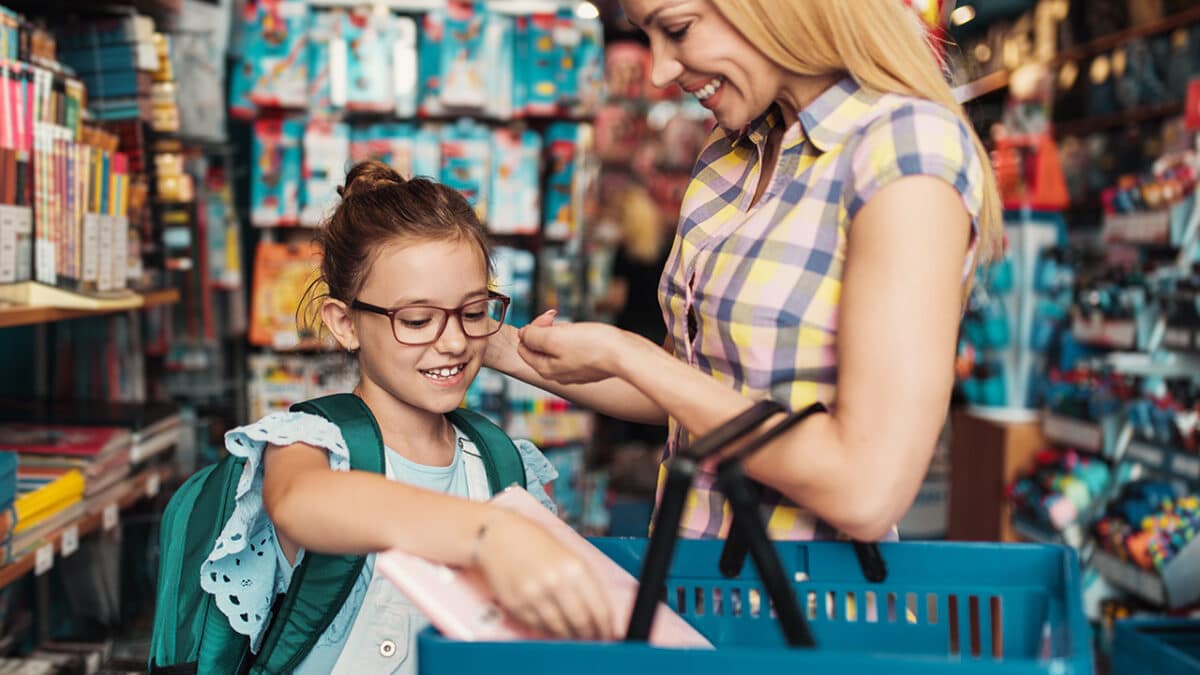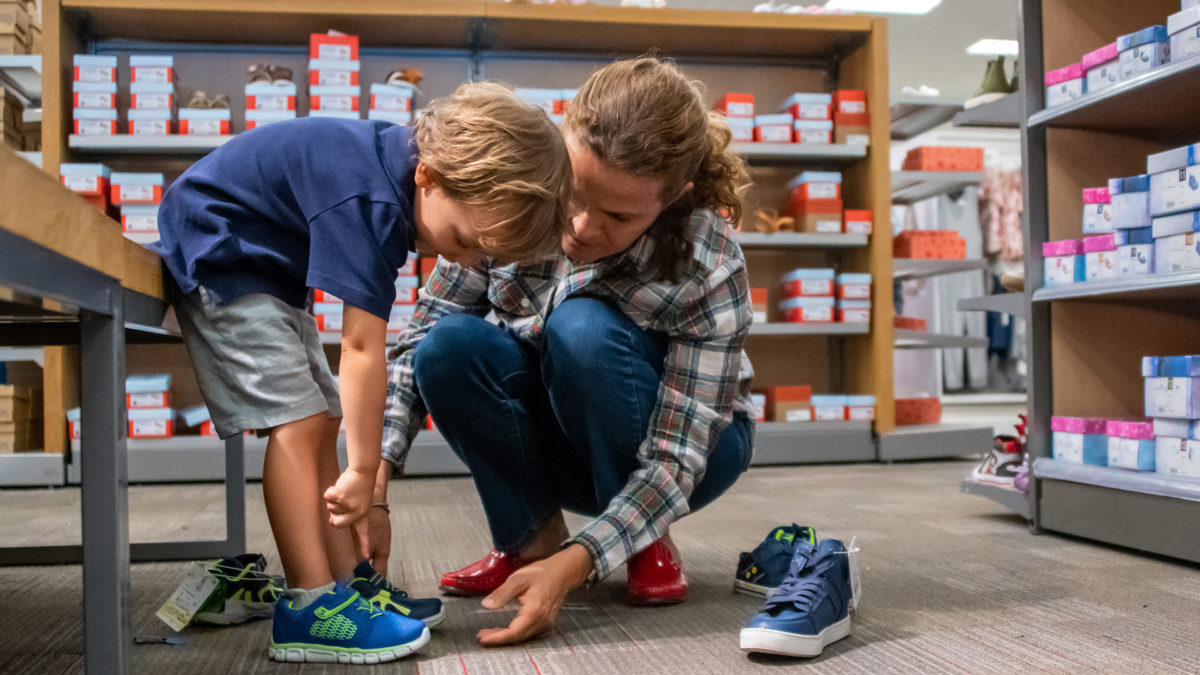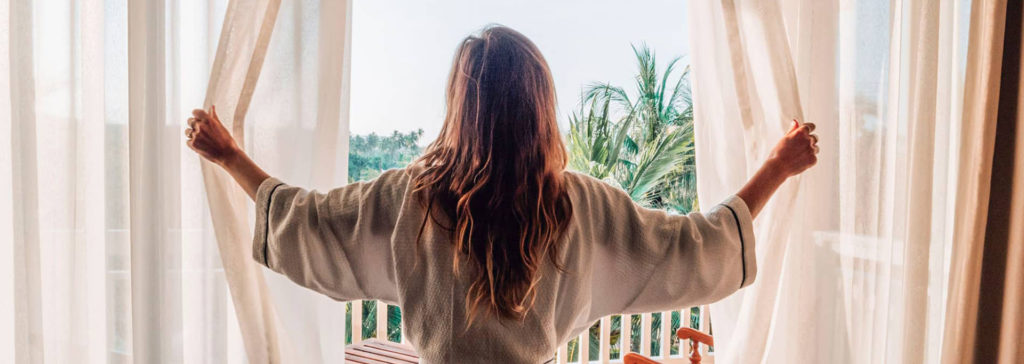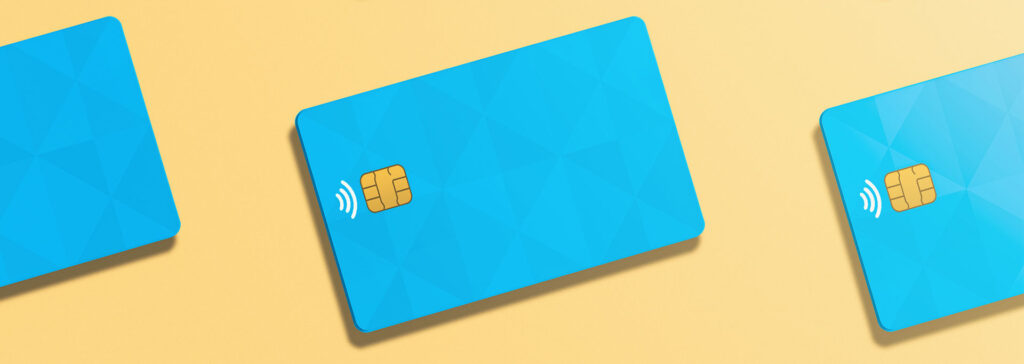Most products on this page are from partners who may compensate us. This may influence which products we write about and where and how they appear on the page. However, opinions expressed here are the author's alone, not those of any bank, credit card issuer, airline or hotel chain. This page may include information about American Express products currently unavailable on Slickdeals. American Express is not a partner of Slickdeals.
From picking out school supplies to holiday gift hunts, family shopping excursions are a childhood staple. And while kids are undoubtedly more excited to visit some stores than others, it seems including them in everyday errands offers greater long-term benefits than you might expect.
Slickdeals recently commissioned a survey from OnePoll of over 2,000 US parents to find out more about how their shopping habits change when their kids are brought along for the ride. The results suggest children can learn a lot about responsible buying habits by participating in shopping trips, but it's also clear that these lessons can be (quite literally) costly for the parents.
Two in three parents reported that shopping trips cost more when they're with their kids. On average, respondees spend almost $50 more when shopping as a family (average $179 versus $133 when shopping alone).
Despite the higher upfront cost, survey results indicate that kids have a lot to gain from these shopping trips, which helps justify the extra spend.
A Difference in Generational Values
While family shopping trips are an excellent opportunity for children to practice spending their money wisely, it's no shock to learn that kids' interests are often pulled in less practical directions than their essentials-minded parents.
Over half of parents surveyed (65%) claim to purchase different products at different stores when they're shopping on their own. This can perhaps be chalked up to a difference in priorities; when left to their own devices parents are most likely to go looking for household staples like groceries (44%), beauty products (42%), electronics (40%) and clothing (38%).
On the other hand, when the whole family is out together, the focus can get a bit sillier. According to respondees, some of the most outlandish things their kids have tried to buy on shopping trips include a ferrett, slime, pig ear chew toys (for dogs) and even a taxidermied alligator.
Although the survey found that bringing kids shopping drives up the overall bill, in some cases, the parents aren't the only ones who are paying. Of the 61% of parents who provide their kids with an allowance, four in five (78%) don't force them to spend that money in any particular way. Going shopping as a family gives kids a chance to consider the best ways to spend their savings, though sometimes the prospect of novelty still trumps reason.
Bargaining the Stress Away
Bringing your kids along for a shopping trip can be undeniably taxing – roughly one in three respondees (35%) actually compared the experience to "pulling teeth" – especially when a store doesn't pique your child's interests. Desperate to make it through the day's errands without a major meltdown, many parents have been driven to underhanded methods they may not be particularly proud of, namely, bribery.
Slickdeals' survey found that a whopping 44% of parents have resorted to bribery as a way to get through a shopping trip smoothly. While candy and snacks are by far the most popular bribes, some parents are more inclined to take a direct approach to their child's good graces. Money talks, which is perhaps why almost one in five (18%) parents surveyed admitted to paying their kids cash in exchange for good behavior.
Even though almost half of all respondees have tried bribing their kids, survey results suggest that a well-placed $10 bill or Reese's cup can only carry parents so far. Just one in four parents says their bribes "always" convince their kids to behave. Perhaps the other 75% raised children whose convictions are too strong to be reliably bought, or maybe more parents just need to experiment with cash payoffs.
Quality (and Educational) Bonding Time
While shopping with the kids can be at times exhausting, it's also a wonderful way to bond and teach lessons about financial responsibility. Three in five parents surveyed (62%) like to use shopping trips as a vehicle to teach their children about the value of a dollar, while 58% say it's a great way to explain the difference between necessities and "nice-to-haves."
More generally, half of respondees feel taking their kids shopping teaches them patience and gives them a chance to practice hunting for deals. Seeing as how finding products on sale is one of the main ways consumers plan to save money in 2023, instilling these skills early will undoubtedly prove valuable as children grow and start making larger financial decisions on their own.
Although 59% of respondees shop both online and at brick-and-mortar stores with their kids, it's clear that shopping in real life provides a more personal experience for all involved. While 44% of parents said they preferred to bond with their children while shopping in physical stores, only 12% preferred to bond via online shopping.
Top 7 Lessons Children Learn When Shopping
- The value of a dollar - 62%
- Difference between necessities and nice-to-haves - 58%
- Patience - 50%
- How to look for deals - 50%
- What items are needed - 47%
- Where to locate things in a store - 39%
- How to ask for assistance - 37%
Bottom Line
Keeping a household well stocked on supplies takes up a lot of precious time. The survey found that families typically go shopping (physically or digitally) four times per month, with the most popular days to shop being the ever-coveted weekends.
Since shopping trips can eat up large chunks of our days, it's nice to think that our kids gain something from tagging along to Target or the grocery store, beyond the immediate gratification of having plenty of snacks and toilet paper on-hand.
And with younger generations becoming overwhelmingly more interested in online shopping, it's never too early to start teaching your child about responsible digital shopping habits, such as how to research products before committing to a purchase.
If you or your child are ever unsure about whether an online store is legitimate or a certain site's sale price is actually noteworthy, it's wise to consult a community of millions of real shoppers, like the one at Slickdeals. By tapping into a network of people who have experience with the products you're interested in, you can be sure that you're always getting the best products at the best prices.
